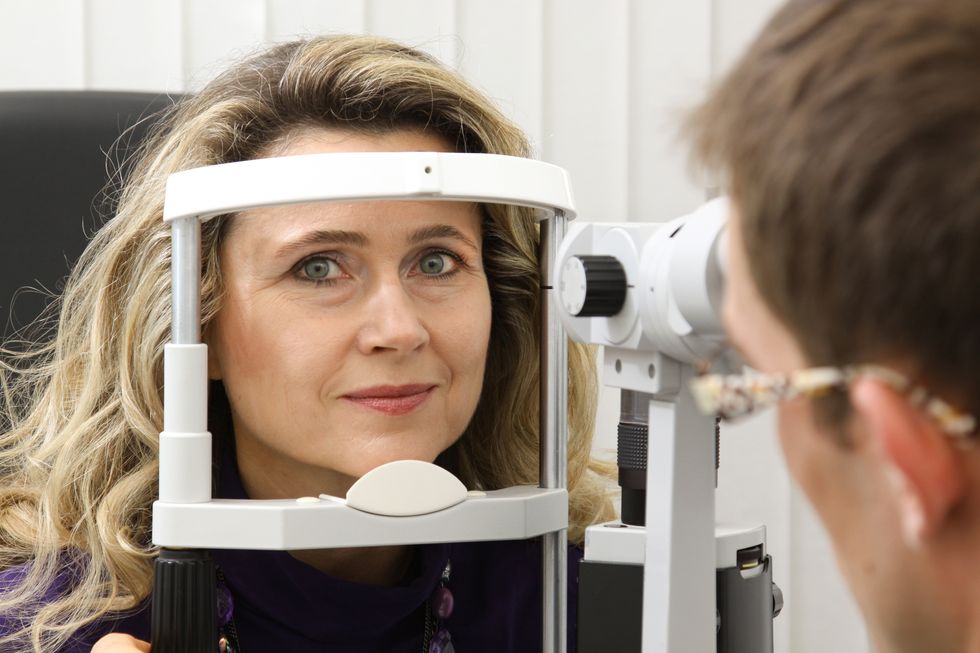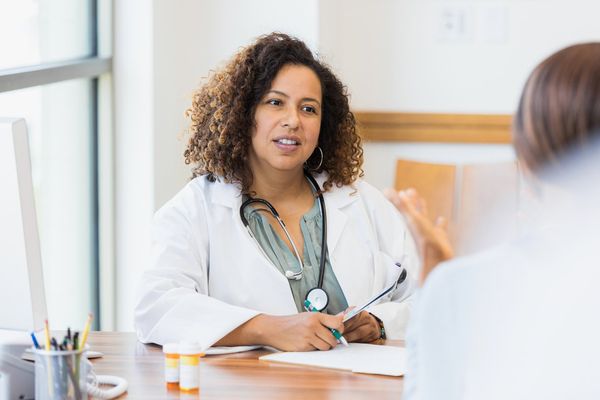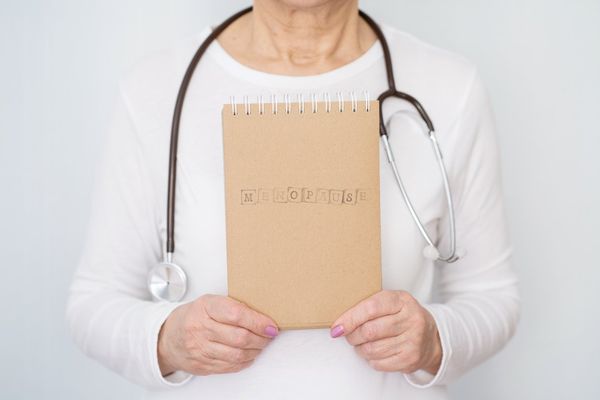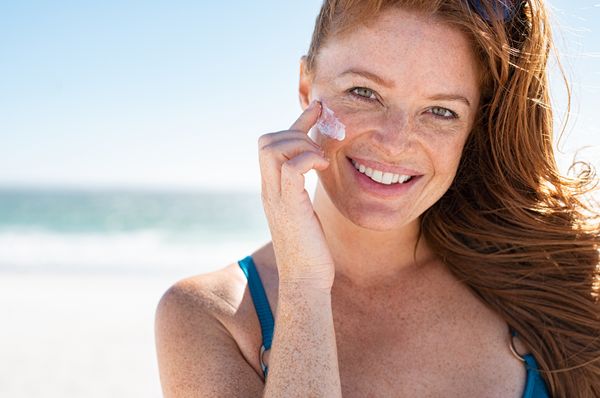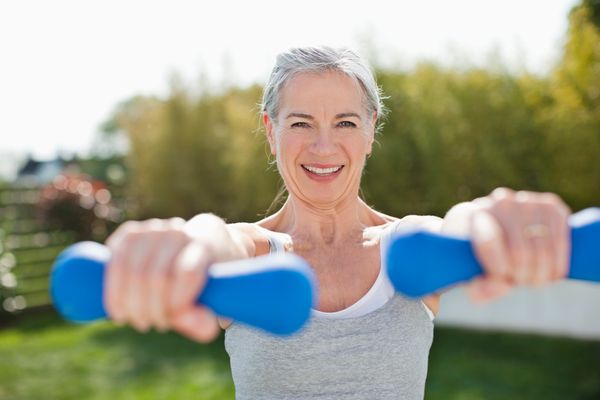When it comes to our health, we often ignore important symptoms. In discussing this tendency with friends, I've discovered that there are various reasons. We don't want to overreact or to seem "hysterical." We don't want to make "something" out of "nothing" or be labeled a hypochondriac. We're afraid we won't be taken seriously by our doctor.
And lastly, this: We're not even aware that the symptoms are important. We simply don't know the symptoms of many health problems. Indeed, a new Harris Poll survey from the American Academy of Ophthalmology has found that many Americans have very little knowledge of eye health and the symptoms of vision loss—even when problems may be present.
One day last January, when the vision in my left eye seemed "off," I dismissed it at first, thinking I had something in my eye (maybe a stye?) that was causing irritation and blurriness. But the problem persisted beyond just one day, progressively worsening over the course of a few days.
That's when I thought back to an interview I had done just a few days prior with a Cleveland Clinic ophthalmologist for an upcoming article I was writing for Parade magazine. We were chatting about vision problems and their symptoms. I thought back to one in particular—a detached retina—and that's when I realized I needed to call my ophthalmologist.
For a brief moment, I hesitated, since it was a Saturday and I knew the office was closed. I didn't want to bother her on her day off. But knowing what I knew and fearing for my eye, I ignored my hesitations and summoned the courage to call. And I'm so glad I did.
To make a very long story short, it was, indeed, a detached retina. I needed emergency eye surgery, which thankfully saved my vision. Had I waited, I'm not so sure I'd be seeing with my left eye.
This experience begs the question: If I weren't a health journalist, would I have known to do something? It's possible, even probable, that I would have waited until it was too late. Fortunately, I had the knowledge I needed to realize the symptoms were serious and shouldn't be ignored. Read more about my retinal detachment.
But we are not all health journalists, nor are we all schooled in, or even that interested in, our health. Besides, it's impossible to know everything about each part of your body. But even if you're not a health journalist, it's imperative to read what they write about.
A new survey from the American Academy of Ophthalmology found that most of us know a lot less about eye health than we think we do. And that's a problem that can lead to all sorts of complications and compromise to our vision—or even destroy it.
Learn more about What to Expect When Your Eyes Start Changing.
It's not just the fact that we're ignoring our symptoms, either; sometimes there are none. The survey found that only 37 percent of people knew that you do not always experience symptoms before you lose vision to eye diseases. And even if there are symptoms—the most common one being blurred vision—our brains can make it difficult to recognize vision loss because our brains can adapt.
Knowledge of symptoms is so important. (Read about the symptomos of retinal detachment here.) So is visiting an ophthalmologist for a comprehensive eye exam by age 40. You should have your eyes checked every year or two if you're 65 or older, as well.
Below are just a few of the articles I wrote for Parade magazine about eye health, including this one. I hope you will read them and learn something helpful and valuable. By the way, one of the easiest things you can do for the health of your eyes is to protect them from the sun. There are many great sunglasses on the market; some of my faves are by Maui Jim.
If you'd like to read more about your eyes and best ways to keep them healthy, click here.
This post originally appeared on mysocalledmidlife.net.

